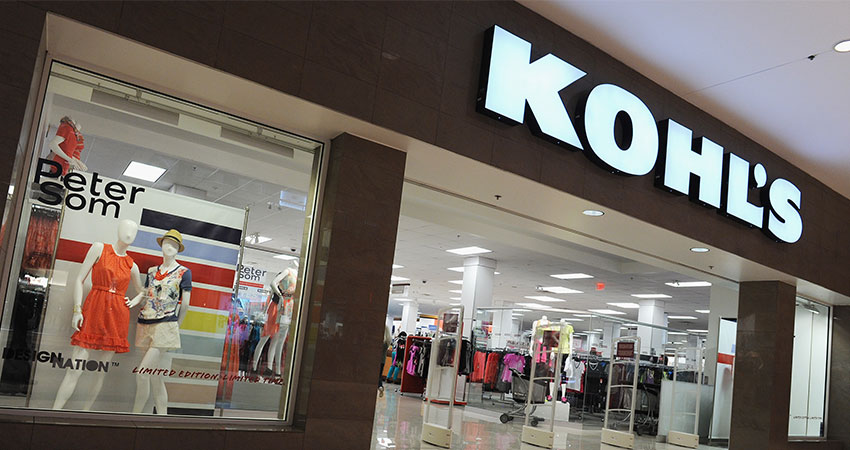As Kohl’s management considers acquisition offers from 20+ potential suitors, one has emerged at the head of the pack, according to a report in the New York Post: Canadian retailer Hudson’s Bay Co., owner of Saks Fifth Avenue as well as the eponymous retail chain north of the border.
Kohl’s will likely reveal its decision at a shareholder meeting scheduled for May 11, the Post said.
At the same time, Kohl’s is fending off a board takeover bid from activist investors Macellum Capital Management and Engine Capital, who believe current management is not equipped to turn the company’s fortunes around.
Rejected acquisition bids from Sycamore Partners and Leonard Green Partners led the retailer to initiate a poison pill defense earlier this year to ward off a hostile takeover. Kohl’s board felt the offers, one of which put its market cap at $9 billion, undervalued the company.
“To ensure we are maximizing shareholder value, your board is reviewing alternatives through an intentional and ongoing dialog with potential bidders,” Kohl’s board said in a Monday letter to shareholders. “This process is robust and will be measured against the value creation potential of our compelling standalone plan. Regardless of the outcome of this process, we are excited about the many opportunities ahead for Kohl’s.”
Management also noted in the letter urging approval of the company’s slate of board nominees that from the launch of a turnaround strategy in October 2020 to Jan. 21, 2021, the company’s shares have gained 146%, outpacing the S&P 500 during that time. As of early October 2020, its stock hovered around $20 per share, and was at $61.91 as of Monday’s close.
Kohl’s turnaround plan called for growing revenue and operating margin by focusing on activewear trends and prioritizing brand partnerships.
For 2021, Kohl’s reported $19.4 billion in revenue, up 22.9% from 2020, and adjusted EPS of $7.33, with the company projecting net sales growth in 2022 of 2% to 3%. During the fourth quarter, more than 40% of ecommerce sales were fulfilled by stores, the company reported, with online revenue up 19% from 2019 but down 1% from 2020, representing 39% of the topline.

